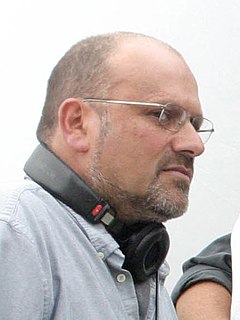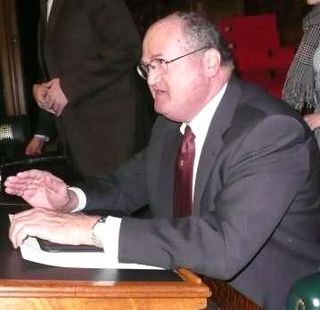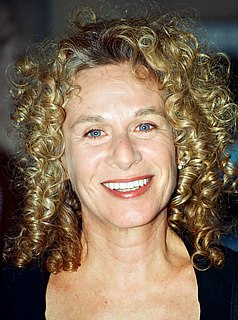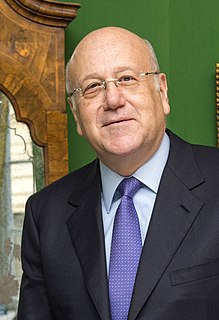A Quote by Ziad Doueiri
I was born in Lebanon and emigrated to the U.S. and went back. I'd been raised in a French school in Beirut. Lebanon is a peculiar place, so bicultural it goes along with you. There is a Western influence, an Eastern influence. Most people are fluctuating between those identities.
Related Quotes
It was important for me to show that Beirut and Lebanon were once the pearl of the Middle East. Beirut was once called the Paris of the Middle East and to have that feeling of a destroyed place that once was beautiful and glamorous and visually impressive was important. I think it's even sadder to get the feeling that this country, and indeed the whole Middle East, could have been a major force in the world if people would get together and forget about destruction, death and wars. But unfortunately, it's not happening yet.
Those who have had the most impact and influence throughout history and certainly the people who've had the most impact and influence on me personally have been basically entirely unaware of any such influence and made their chief concern their personal devotion and obedience, and the pleasure of God in the hidden things of their lives.
Lebanon was at one time known as a nation that rose above sectarian hatred; Beirut was known as the Paris of the Middle East. All of that was blown apart by senseless religious wars, financed and exploited in part by those who sought power and wealth. If women had been in charge, would they have been more sensible? It's a theory.
Spring is beautiful everywhere, but it is more than beautiful in Lebanon. Spring is the spirit of an unknown God speeding through the world, which, as it reaches Lebanon, pauses, because now it is as at home with the souls of the Prophets and Kings hovering over the land, chanting with the brooks of Judea, the eternal Psalms of Solomon, renewing with the Cedars of Lebanon memories of an ancient glory.
I don't think that Israel has any legal or moral justification for their massive bombing of the entire nation of Lebanon. What happened is that Israel is holding almost 10,000 prisoners, so when the militants in Lebanon or in Gaza take one or two soldiers, Israel looks upon this as a justification for an attack on the civilian population of Lebanon and Gaza. I do not think that's justified, no.





































